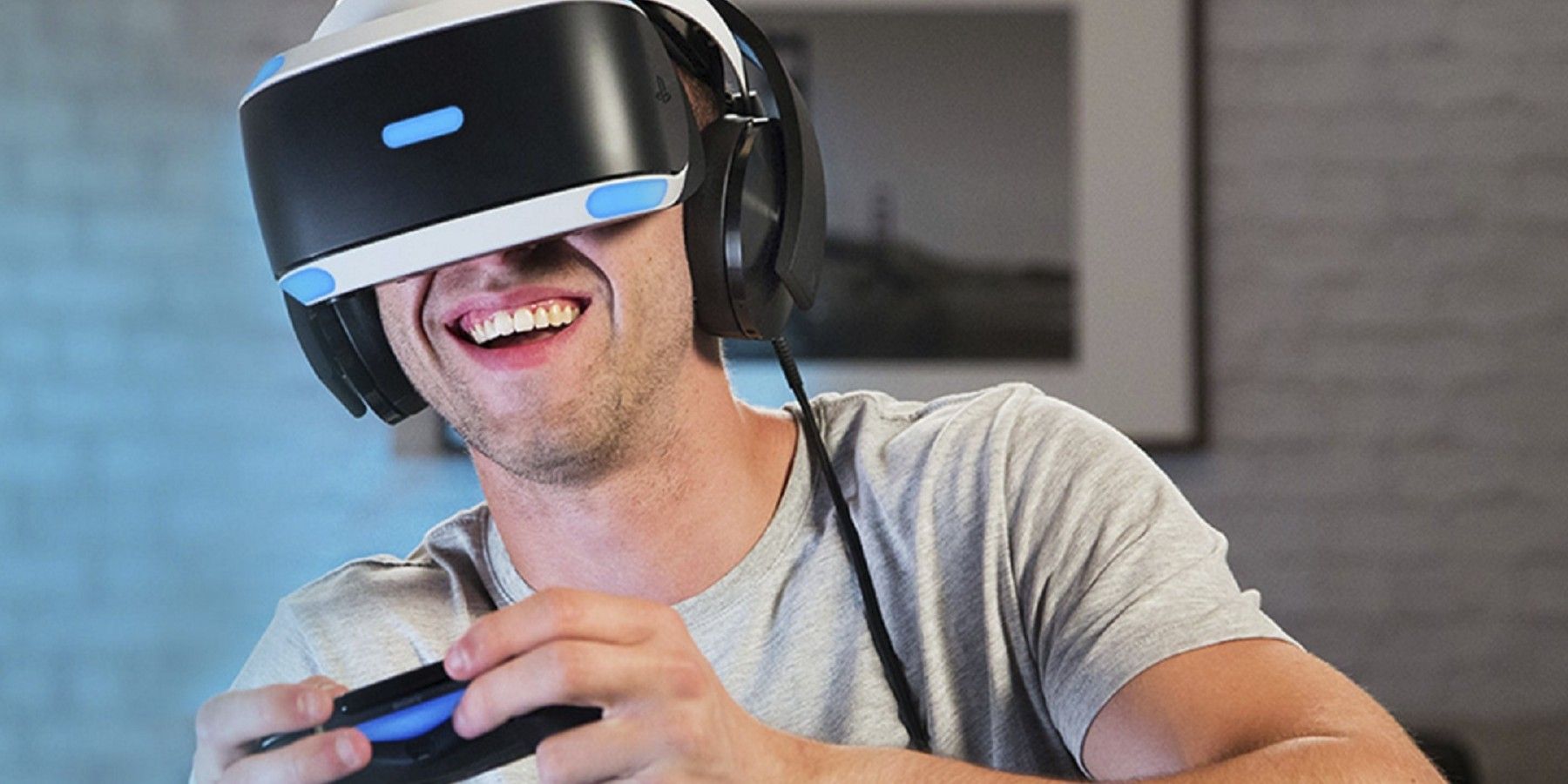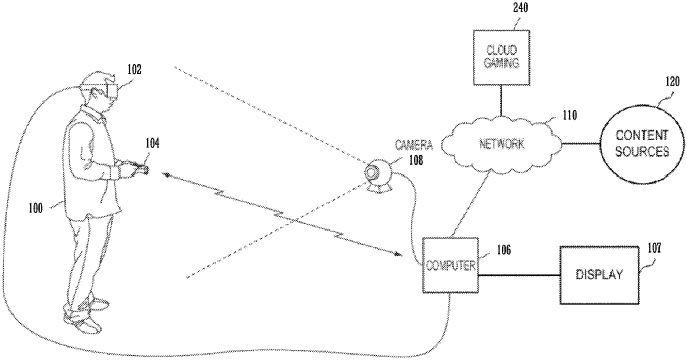As Sony continues to make PlayStation bigger and better, a number of patents have been filed, including a new one that could prevent players from accessing age-restricted content. Since parental controls were first implemented from a hardware level with the original Xbox, kids have found workarounds to access age-restricted content, but Sony may have a solution.
Parental controls were first widely used with the seventh generation of consoles with the Nintendo Wii, PS3, and Xbox 360, each providing their own take on the same concept. Parental controls continue to undergo several changes at Sony. Sony has a new idea that may help parents and others limit the age-restricted content shown through a head-mounted display even more than the tools that are currently available with the PS5.
According to a freshly filed Sony patent, VR users will be curated content based on their user profile by using rating scores to match the player with specific visuals. Because there have been many vulgar expressions used in VR spaces already, part of this patent highlights an effort to prevent young gamers from seeing explicit gestures, language, and graphics used in PS VR and presumably other VR devices. Based on this Sony patent, the connection between a user profile and the head-mounted display will help censor such things in existing multiplayer VR games like Among Us VR, VR Chat, Altspace VR, and more.
The Sony patent will dynamically observe the virtual space around the player and their matching audio separately to adjust any age-restricted content necessary in real-time whether it's visual or auditory. While the patent focuses on existing PlayStation VR headsets, it could also be used with future VR technology, which may become a selling point for the hardware with parents. Though not too many widely known instances of PS VR vulgarity have made waves yet, Meta's Metaverse had to implement some of its own changes immediately when a VR user was allegedly groped.
As virtual spaces like VR Chat may be recommended to any VR users despite the potential for age-restricted content showing up, the aforementioned patent may help curb these issues. Beyond helping kids and parents, this patent may also prevent certain bans that would've otherwise been reported by disgruntled parents. As VR is an emerging industry compared to the PlayStation consoles, there may be future patents from Sony and other companies in the field to filter out inappropriate content similar to language filters in popular online games.


